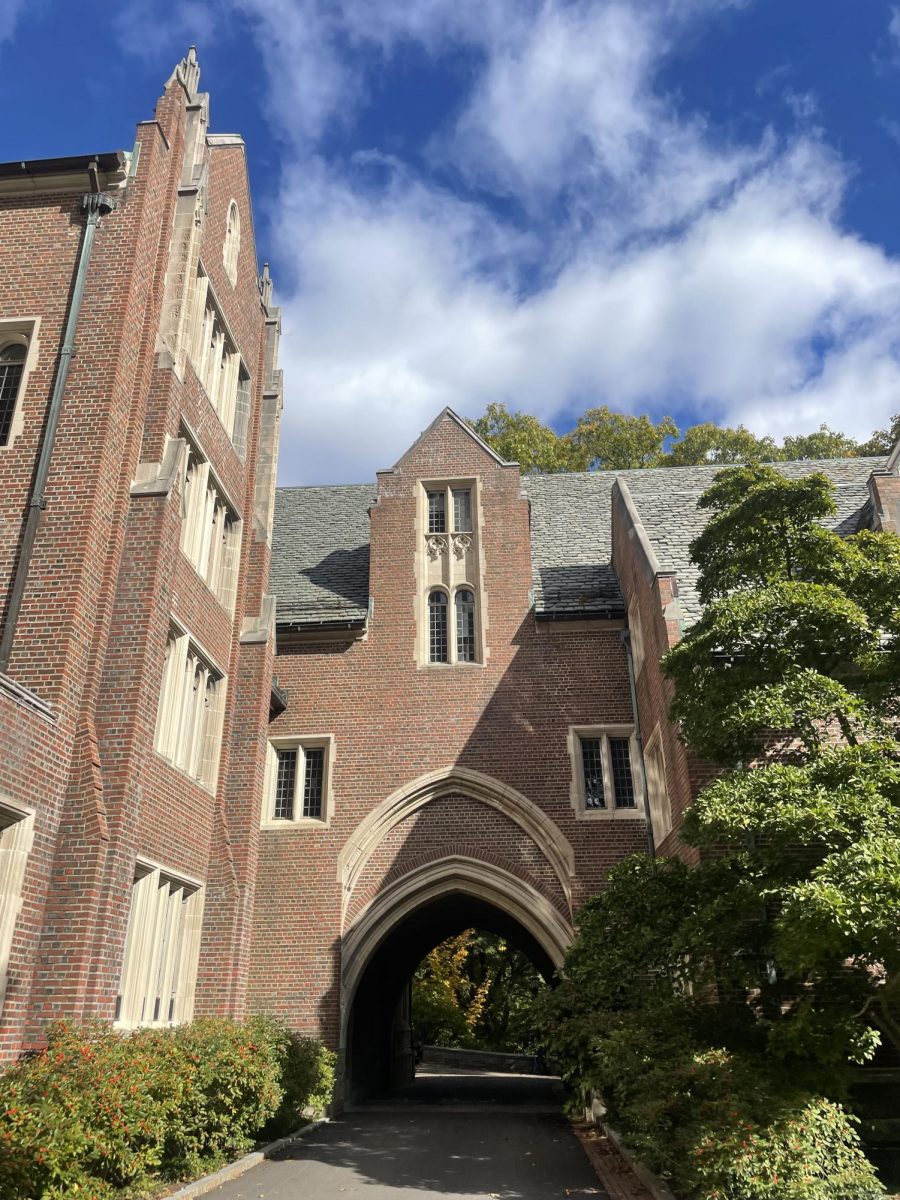Wellesley College announced on Nov. 14 that it has received a $1.133 million grant from the U.S. Department of Education through the Ronald E. McNair Post baccalaureate Achievement Program. The grant will fund a five-year program that will support traditionally underrepresented students pursuing postgraduate education in STEM fields. At Wellesley, the program will assist 28 students in their junior or senior years.
Though 151 institutions across the country currently run McNair programs, Wellesley is the first women’s college to receive funding through the grant. Competition for McNair grants is held every five years and involves a lengthy application process. Funds, if awarded, must then be applied to the promotion of graduate study. According to McNair guidelines, at least two-thirds of participating students must be low-income, first-generation students with the remaining students coming from other underrepresented groups.
The grant will support students’ academic and research skills, allowing McNair scholars to enroll in the College’s Science Center summer research programs and funding individual research projects and conference visits. In addition to support from faculty and Career Education, program scholars will bene t from the support of grant- funded staff as they navigate the difficult waters of graduate school applications.
In its announcement, the College noted that informing its first cohort of McNair scholars it would draw from several established programs, including the Sophomore Early Research Program, Summer Science Research Program, Wintersession Biochemistry Research Week, Science Apprenticeship Program, STEM Posse and others.
Many students are excited to see what form the McNair program will take at Wellesley. A current student and biology major, Vanessa Kelley ’18, said she is interested in pursuing a PhD and has received guidance in this endeavor, though she feels that her experience may be atypical.
“I personally have felt supported in my pursuit of graduate school, but I know that this had not been the case for some of my Wellesley peers … Unlike many Wellesley students, my major advisor and former boss are who I turn to for questions regarding graduate school, and I have rarely used Wellesley’s Career Education Services,” she said.
She continued by noting that she believes the program could be of value to other students interested in STEM fields and who might have difficulty identifying potential sources of support on campus.
According to the 2013-2014 Annual Performance Report, the most recent report available to the public from the U.S. Department of Education, the McNair program has met with heady success. The document reveals that of the McNair participants who received bachelor’s degrees in the 2010-11 school year, 71.8 percent were enrolled in graduate school within three years of graduation.
The McNair program is only one in a group of eight Department of Education Federal TRIO Programs, all of which are designed to identify and assist individuals from disadvantaged backgrounds. TRIO, which is not an acronym, was a term coined in the late 1960s and refers to the first three federal programs implemented under the 1964 Employment Opportunity Act and the 1965 Higher Education Act.
The first such program, Upward Bound, which was established in 1965, aims to prepare first-generation and low-income high school students to enroll in and complete postsecondary education. Wellesley first became involved with Upward Bound in 1968 through a partnership with MIT. In addition to the Upward Bound programs held at MIT’s campus during the academic year, Cambridge-area high school students spend six weeks of the summer participating in academic enrichment and college-prep activities on the Wellesley campus.
The Department of Education grant is named in honor of American physicist and astronaut Ronald E. McNair. After graduating as valedictorian of his high school in South Carolina, McNair went on to earn degrees in physics, completing his PhD at MIT at age 26. McNair was selected in 1978 as one of 35 members of the NASA astronaut program. He became the second African American to y in space during the Challenger’s Feb. 1984 STS-41-B mission. Tragically, McNair was one of seven killed aboard the Challenger in the Jan. 28, 1986 accident.
Rossanna Godfrey, who is in charge of the McNair program at Boston College (BC), offered her advice to the Wellesley community as it prepares to implement its own program.
“My advice for the Wellesley community is to reach out to other McNair programs; we are here to support each other. So I welcome the staff to come visit us here at BC. There are many ways in which we could collaborate especially in the summer,” she said.
Dean of Students Sheilah Horton has not been involved with the program design at Wellesley but looks forward to seeing its implementation and growth.
“The McNair grant provides Wellesley an opportunity to demonstrate its ability to prepare students for PhD programs. Students will benefit from mentoring, research and support to help them achieve their career goals. I’m looking forward to cross-divisional engagement with colleagues and students as we bring the program to life here,” she said.





